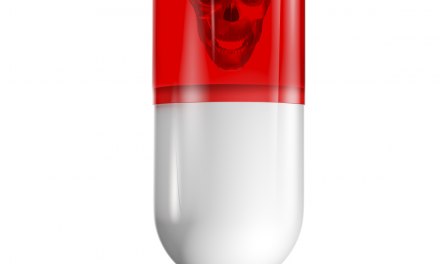It’s recently been brought to public attention that many highly publicized alcohol studies, especially the ones that seemed to confirm the health benefits of moderate drinking, were funded by the beverage industry itself– an obvious conflict that went largely unnoticed. Meanwhile, their positive findings about drinking made headlines. Why would a liquor firm sponsor such research? Because they see it as a clever way to promote more drinking.
So I guess we shouldn’t be surprised to see another study, quite large in scope, suggest the opposite. Namely, that there is no “healthy” level of alcohol consumption– certainly no amount that actually improves your health, as has been claimed.
In fact, according to the report: “Alcohol… led to 2.8 million deaths in 2016. It was the leading risk factor for premature mortality and disability in the 15 to 49 age group, accounting for 20% of deaths.”
That’s a frightening stat. The report’s authors conclude that health authorities should recommend abstinence. You can’t blame them, although do they really think drinkers will give up alcohol?
I doubt it. More likely the hope is to increase awareness of the risks, and encourage drinkers to limit consumption.
Why is that important to society at large? Because ultimately, we all pay the cost, in the form of medical, social, and legal problems related to alcohol.
It’s important to remember that consumption is skewed, with some 30% of US adults abstaining voluntarily, for whatever reason, and another 10% drinking so sparingly as to qualify as virtual nondrinkers. Meanwhile, the 20% at the far end of spectrum consume way more than their share, which makes them unusually vulnerable to health consequences.
I suppose it would help if industry-funded research was more clearly identified as such. That would at least let people know of the possible self-serving agenda. Such studies do have some benefit, but ultimately, their purpose may be to promote a commercial product.
That’s not what science is intended to do.













